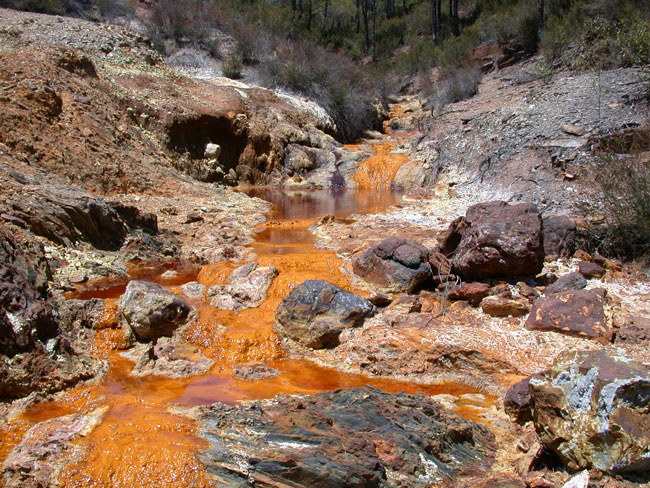
Matt Doll, Minnesota Environmental Partnership
Last week, the Fond du Lac Band of Lake Superior Chippewa achieved a major and unprecedented win in their effort to protect their lands and waters from sulfide mining pollution. The US Environmental Protection Agency (EPA) announced that it agreed with the northeastern Minnesota tribe that the Army Corps of Engineers should not reinstate the suspended 404 wetland destruction permit for the planned PolyMet mine because its downstream pollution would violate Fond du Lac’s pollution standards.
While the EPA can only advise, and not control, the Army Corps’ decision, the fact that the agency sided with Fond du Lac makes it far more likely that the Army Corps will refuse to reinstate the 404 permit. The original permit was previously suspended after Fond du Lac sued the Army Corps and EPA, successfully arguing that tribal rights had been violated.
As the Army Corps holds hearings and gathers information to inform its decision on the permit, Fond du Lac’s rights to clean water and food sources in the St. Louis River watershed will weigh heavily. Independent scientists and community members largely agree that PolyMet’s mine would release sulfate pollution downstream, causing mercury already in the watershed to become a more rampant threat to the health of communities and wildlife.
PolyMet is already trying to spin the process in the media as a minor setback, arguing that the company would leave the St. Louis River cleaner than it found it. But despite the company’s efforts to obscure the science, the momentum is clearly on the side of Fond du Lac, Lake Superior, and other downstream communities.
The fight against PolyMet pollution
For years, the Fond du Lac Band and environmental groups like MEP have been fighting for a clean St. Louis River and against the climate disaster resulting from wetland destruction on multiple fronts. We’ve opposed legislation that would amount to a giveaway to PolyMet, and testified to state and federal agencies against granting the mine permits. Several MEP member groups, working with Fond du Lac, have successfully argued in court for suspending the permit to mine as well as permits related to water and water pollution at various points in the process.
Now, our focus is on standing in support of Fond du Lac’s objection to the wetland destruction permit. On Thursday night, MEP Great Lakes Program Director Andrew Slade testified at an Army Corps hearing regarding the permit, urging the Army Corps to recognize the threat that increased mercury exposure presents to the St. Louis River and to the health of surrounding communities. In his testimony, he spoke about the efforts of MEP’s Mining Cluster to research the existing mercury problem, including publishing a report on the issue.
Slade referenced research showing that babies born around Lake Superior face prevalent mercury exposure, with especially high exposure in Indigenous communities like the Fond du Lac Band. The bulk of this mercury is caused by the mining industry, and PolyMet would be no exception. “The impact of mercury contamination from mines is a clear issue of environmental injustice,” said Slade.
Mining interests testified at the hearing as well, mostly working to deny or muddy the waters around the clear science that says the PolyMet will cause real harm to downstream communities. Scott Beauchamp, Policy Director for Friends of the Boundary Waters Wilderness, tweeted that “Pretty telling that everyone speaking on behalf of #PolyMet at this hearing so far has been an industry rep or lobbyist.” But those against the permit, he said, were mostly ordinary citizens and scientists.
As the Army Corps and the other processes around PolyMet continue, MEP and allies will continue to support a decision that respects and protects the health of Fond du Lac and Lake Superior communities. We know that what happens upstream makes its way downstream. For this and many other reasons, this mine isn’t right for Minnesota
For previous columns, visit mepartnership.org/category/blog/. If you would like to reblog or republish this column, you may do so for free – simply contact the author at matthew@mepartnership.org.